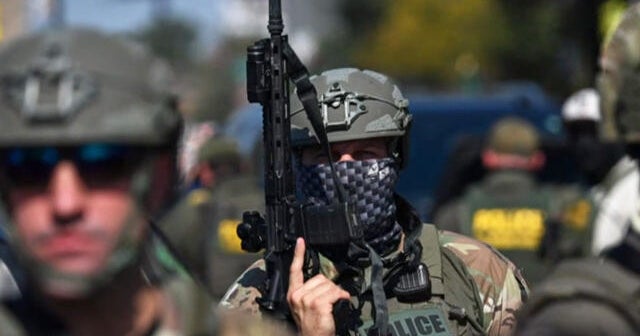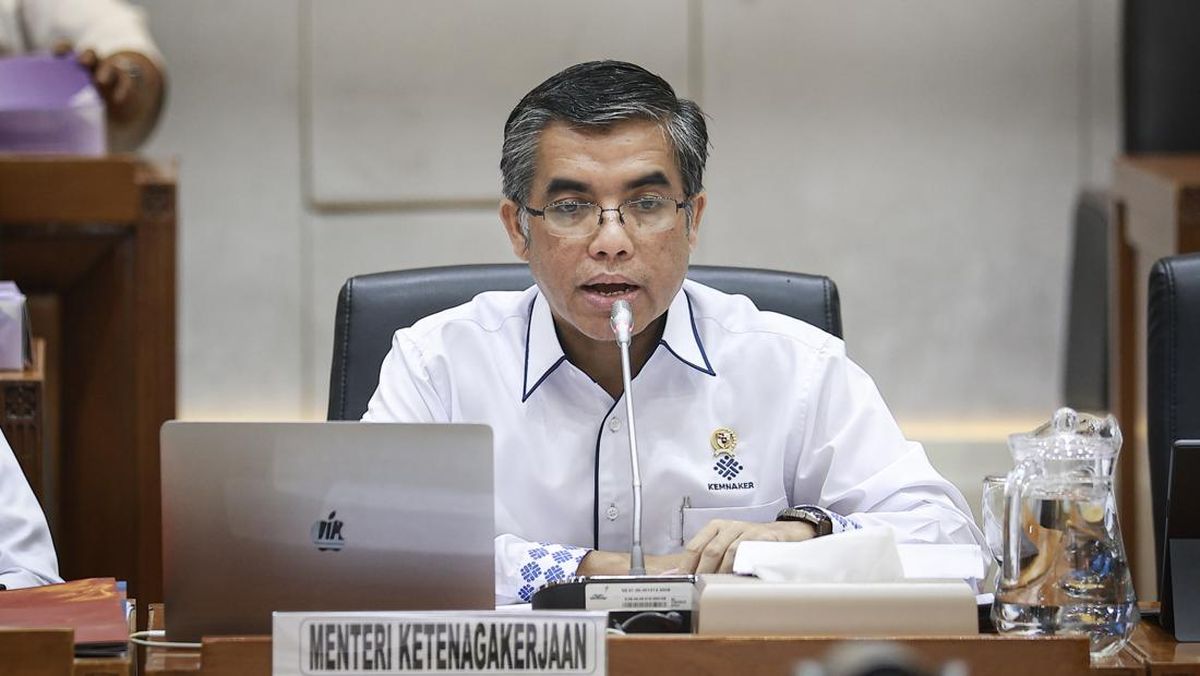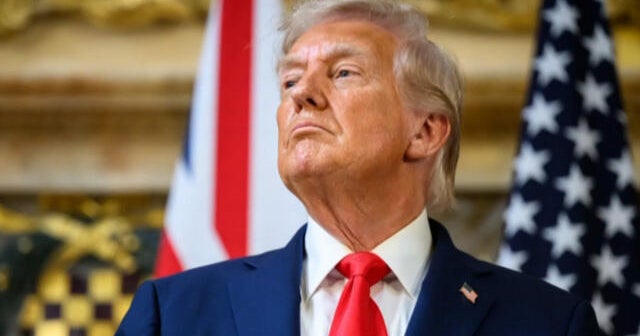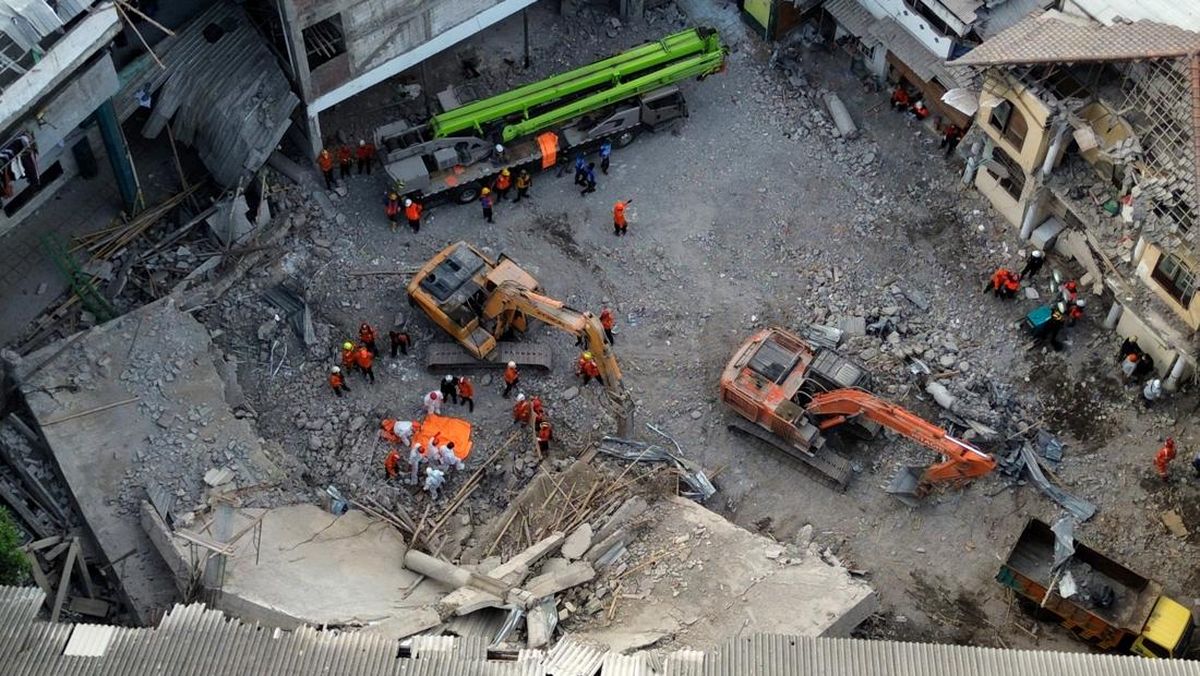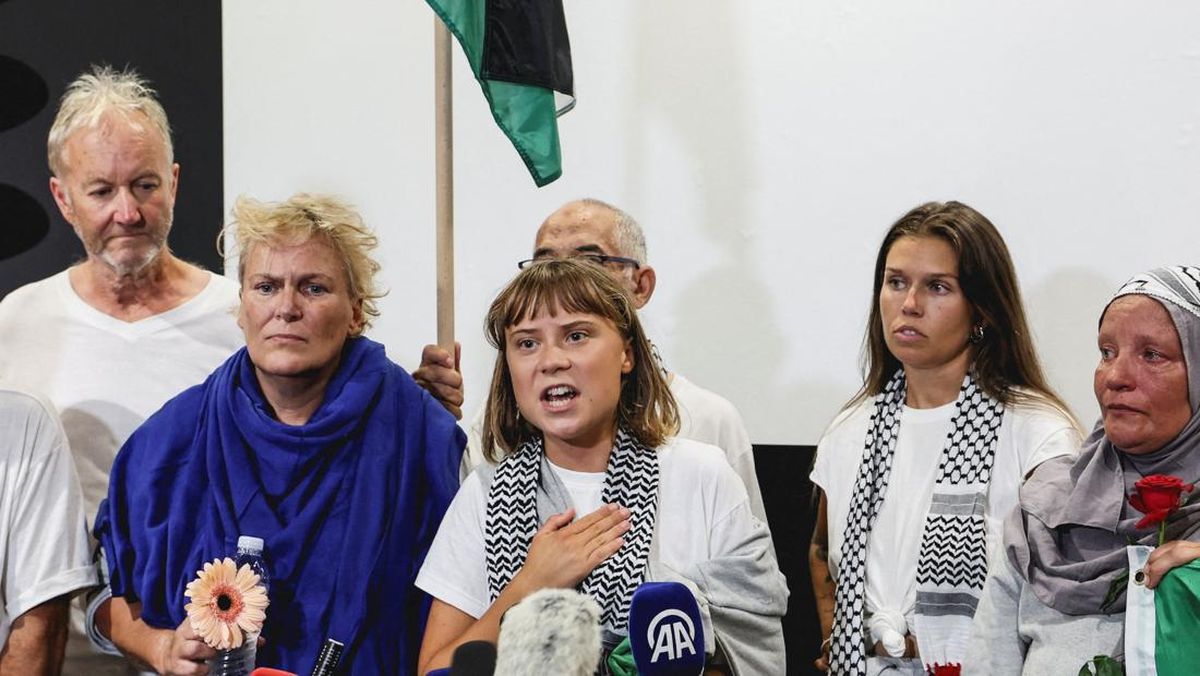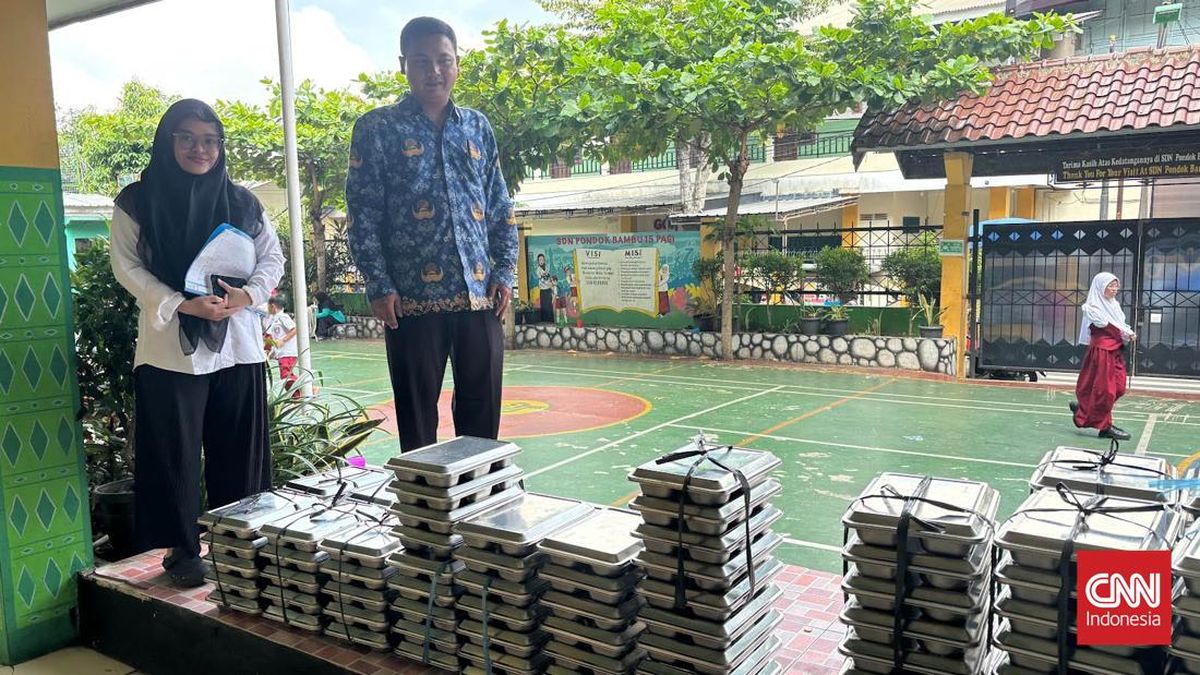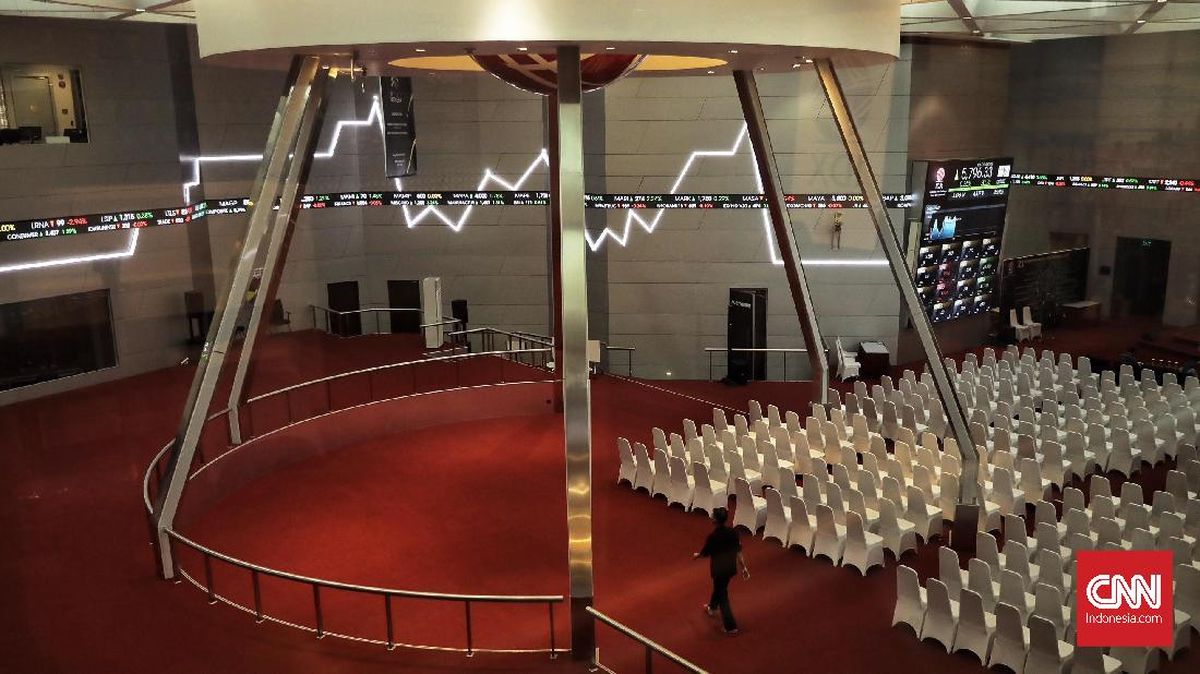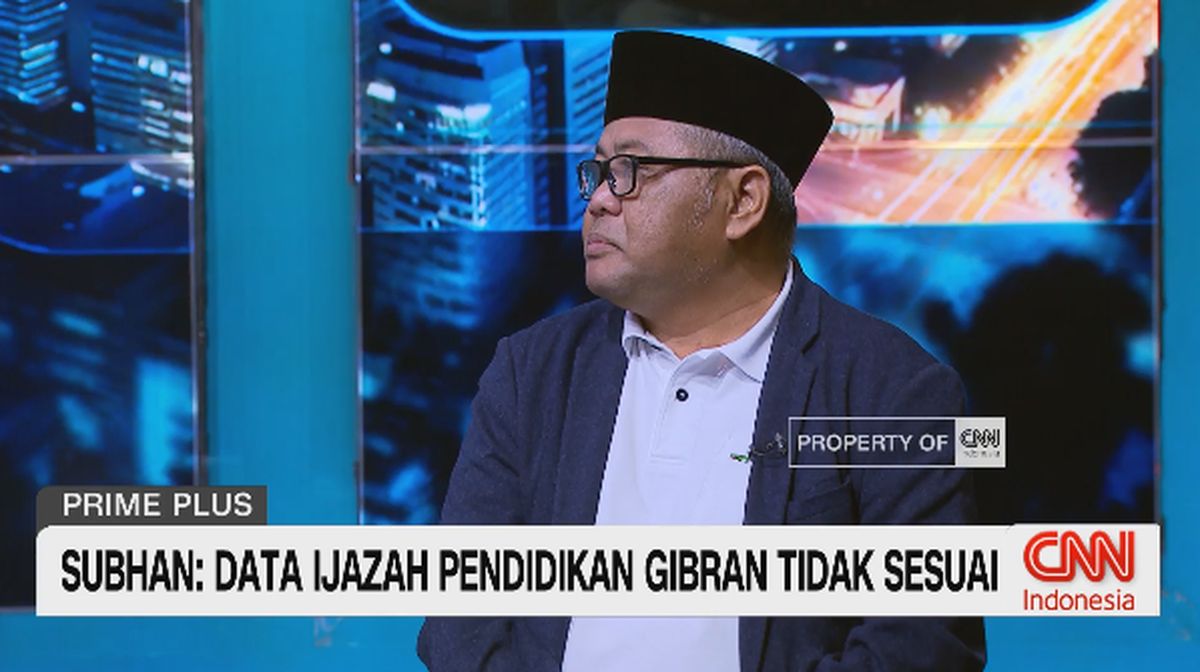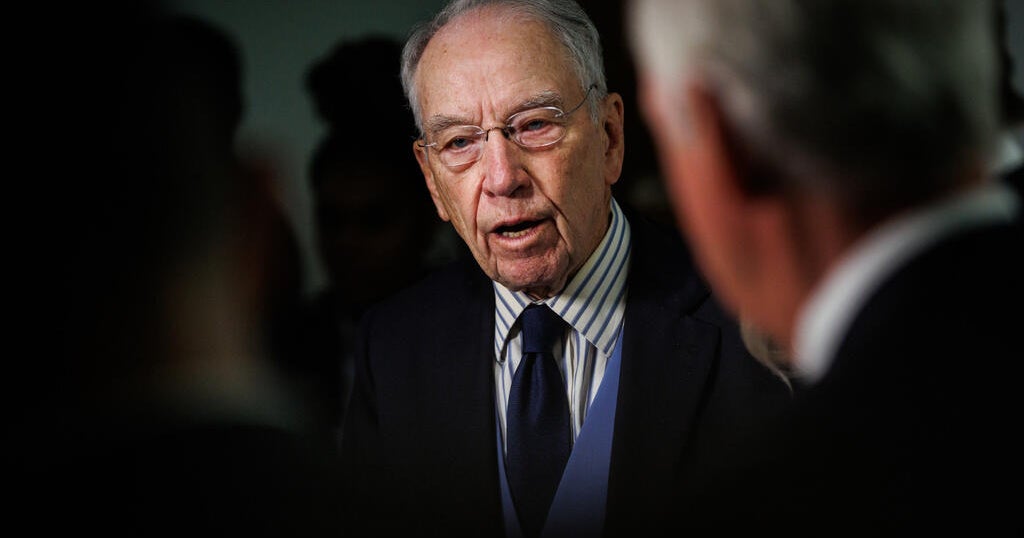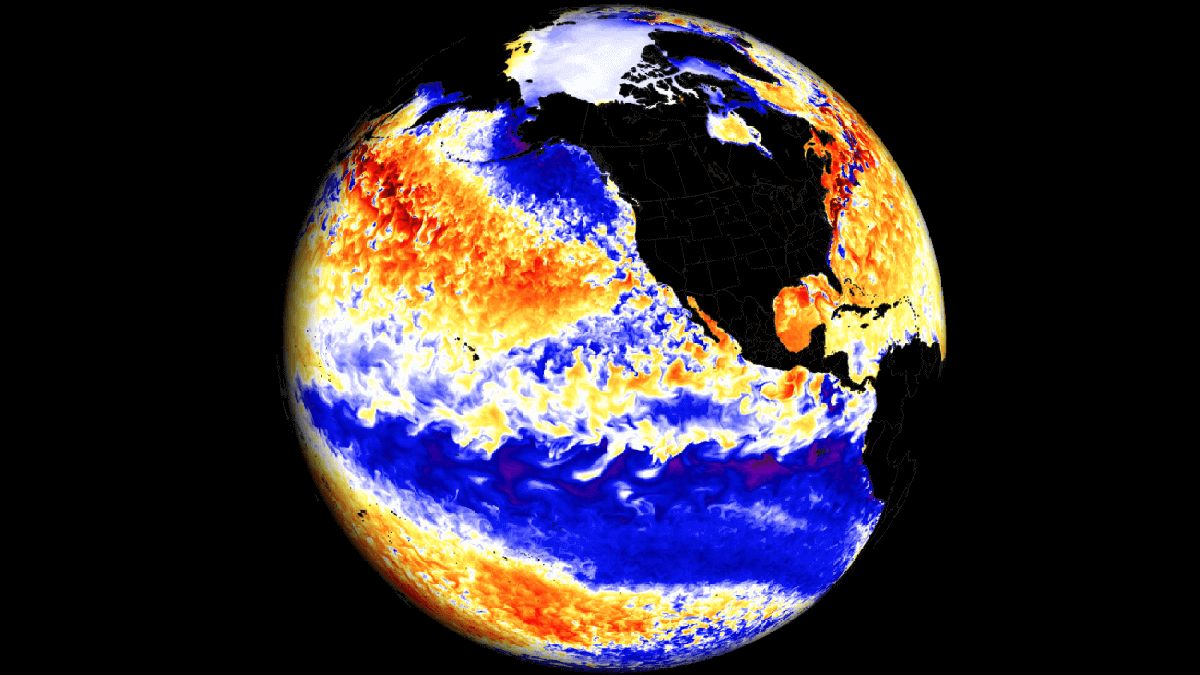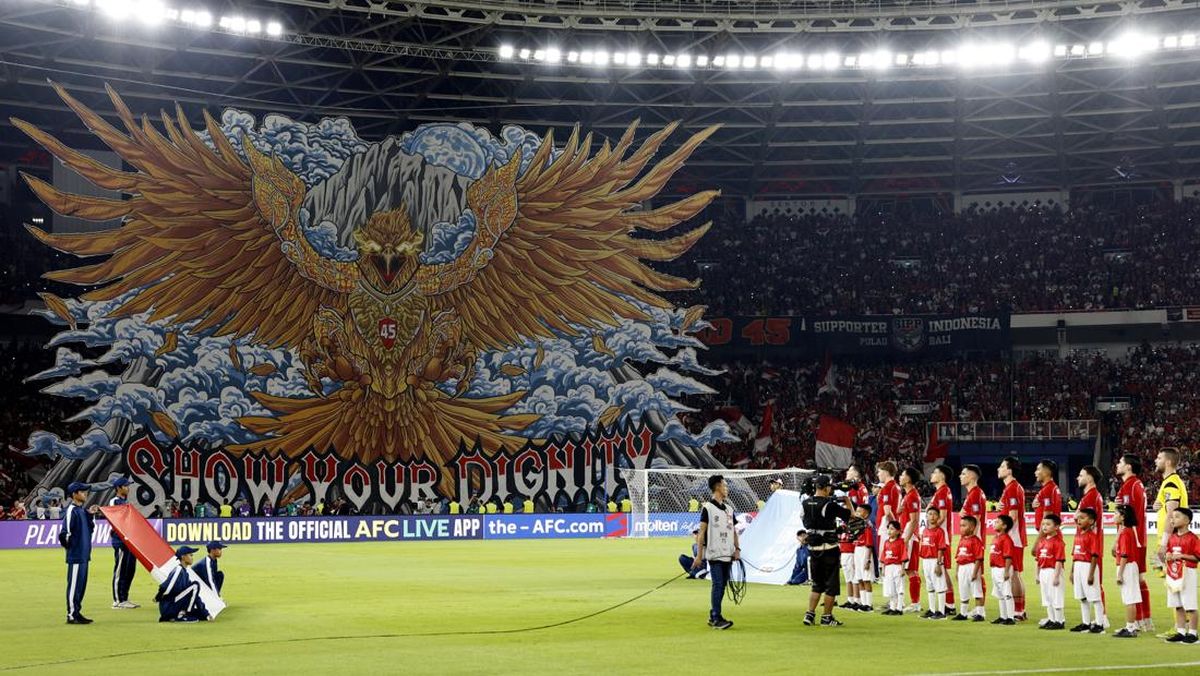Struggling families will see fewer dollars come off their electricity bills after the NSW government quietly cut back its energy rebates.
The energy rebate for low-income families with concession cards has been slashed from $350 per year to $285 this financial year. The medical energy rebate, which helps those with certain medical conditions that require extra energy use for treatment, was cut from $350 to $200.

NSW energy rebates have been reduced in this year’s budget.Credit: Paul Rovere
The family energy rebate, which applies to Family Tax Benefit recipients, was cut from $250 per year to $180. The seniors energy rebate has also been reduced from $250 to $180.
The gas rebate remains unchanged at $110 per household.
The rebates were increased last year following a $100 million budget injection, which the state government has chosen not to continue. This year’s budget papers show cutting the benefit to low-income families will save $55 million alone.
Loading
The NSW opposition has seized on the cuts as evidence the state government isn’t doing enough to combat the cost of living.
“When the cost of everything is going up, cutting cost-of-living relief isn’t just out of touch, it’s the wrong priority. Chris Minns should be making life easier, not harder,” opposition leader Mark Speakman said.
A spokesperson for Energy Minister Penny Sharpe said the rebates were returning to previous levels.
They said families could also access the federal government’s national energy relief program, which offers families and small businesses $150 off their electricity bills in this financial year.
For most people, these will be paid as two $75 payments automatically applied to their electricity bills – the first on July 31, and the second on October 1.
The spokesperson said the rollout of renewables and incentives for energy-saving upgrades around the home would also put downward pressure on energy bills.
“The NSW government’s energy crisis support payments continue to be available for NSW households struggling to pay their bills, due to short-term financial hardship, crisis or emergency, such as loss of income, unexpected costs or natural disasters,” the spokesperson said.
Under that support, households can apply to receive relief of $1600 per year: two $400 payments for gas and two $400 payments for electricity.
Handed down last week, Treasurer Daniel Mookhey’s third budget also did not include an extension to the $60 a week toll cap, in favour of pursuing broader toll reforms.
This masthead has reported that $100 million from the toll relief scheme went unclaimed.
Loading
The budget featured $1.2 billion to overhaul the state’s child protection system, including an increase to the foster care allowance, pay rises for 2126 caseworkers and an end to housing vulnerable children in motels instead of appropriate out-of-home care.
It also included the establishment of a pre-sale finance guarantee, where the government will guarantee certain homes from trustworthy developers to ensure low- and medium-density developments can get the financing to be built.
If the homes go unsold, the government will purchase them at a discounted rate for affordable and social housing stock.
The Morning Edition newsletter is our guide to the day’s most important and interesting stories, analysis and insights. Sign up here.
Most Viewed in Politics
Loading

